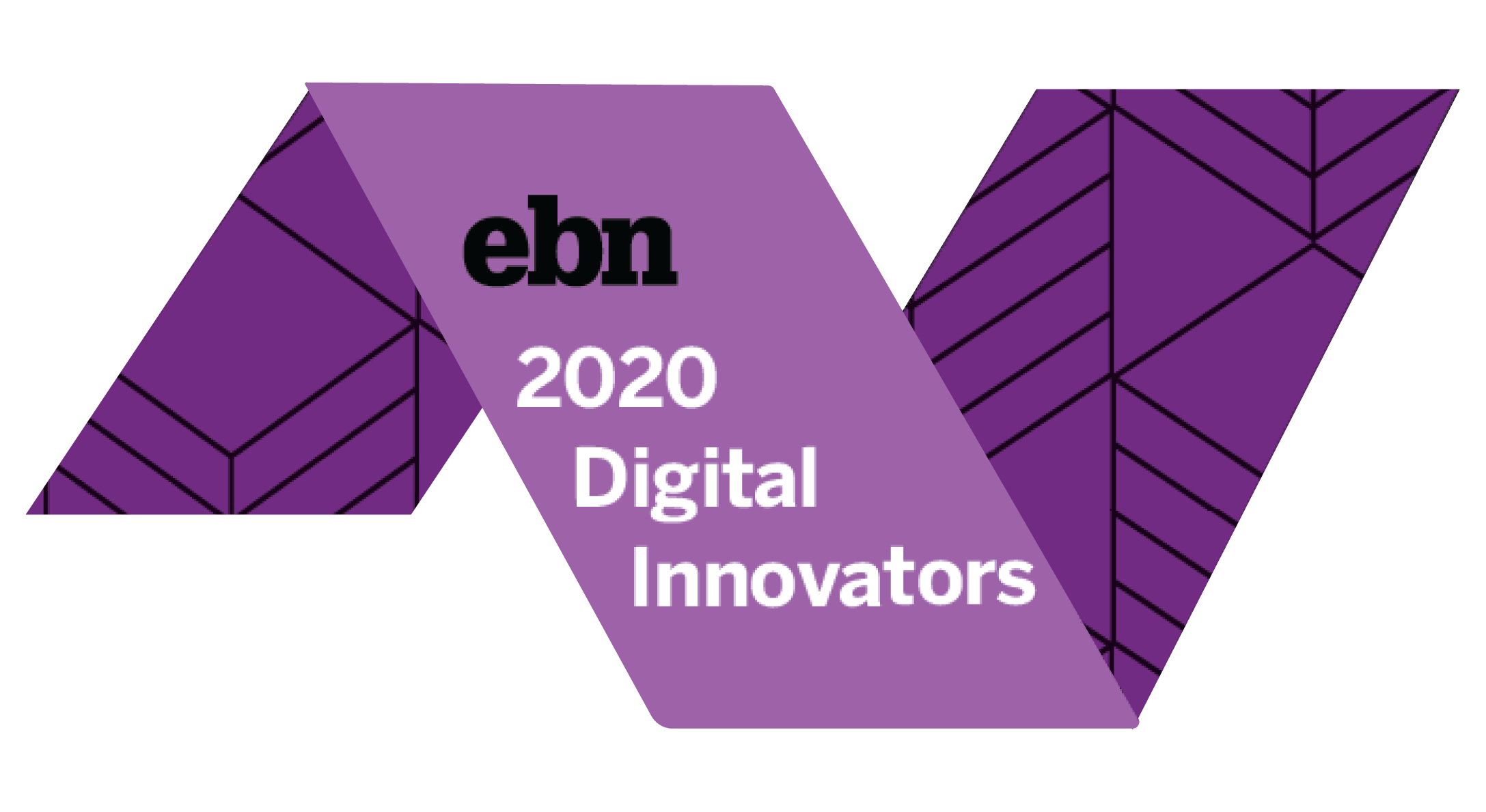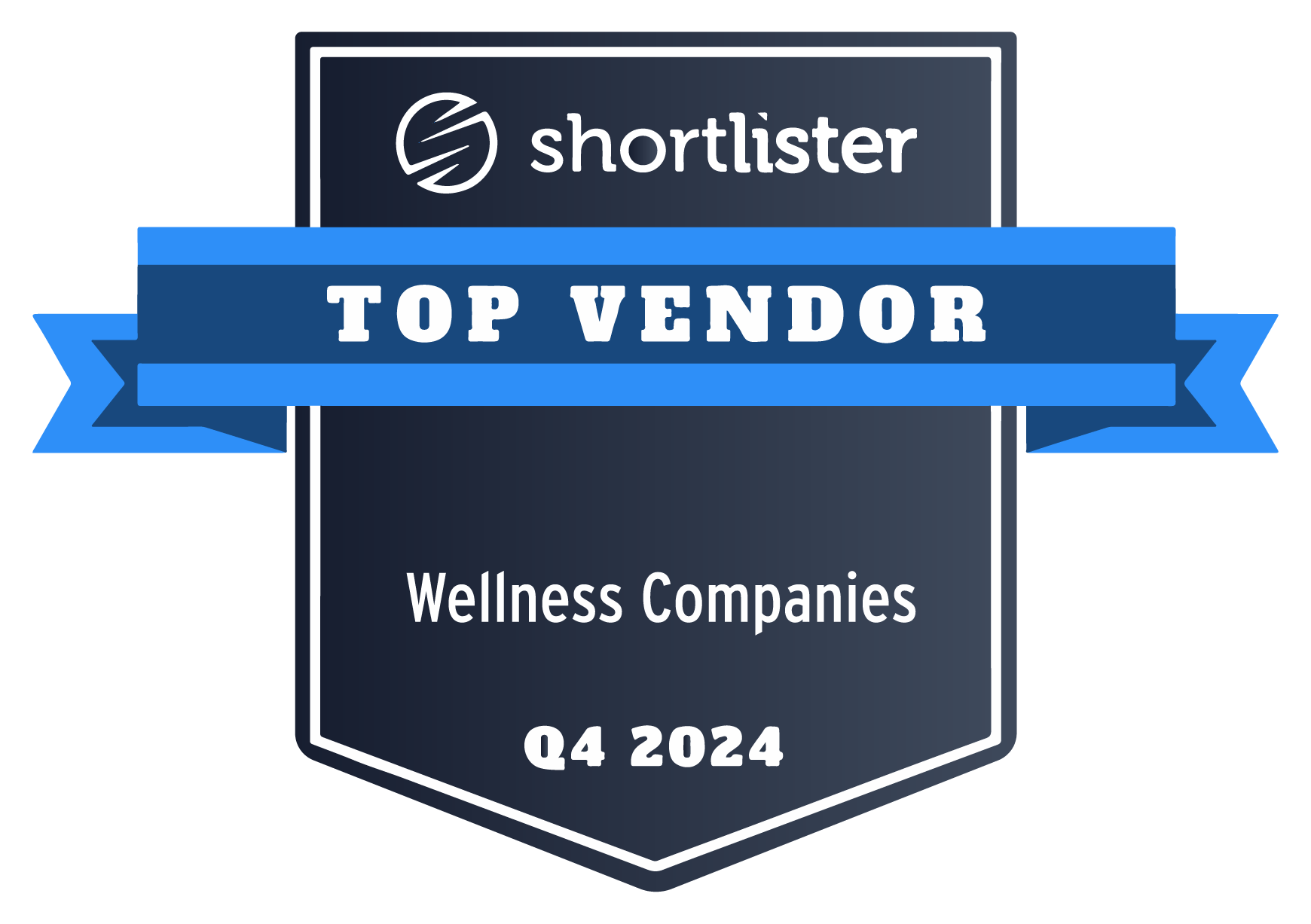April is National Financial Literacy Month, a time to focus on improving financial education and empowering individuals to take control of their financial future. Unfortunately, many Americans lack the financial know-how and skills necessary to make informed decisions about their money. According to our 2022 Wellness Barometer Survey, only 13% of employees have a basic understanding of personal finance. This lack of financial literacy can have serious consequences, particularly in the current market environment.
Challenges Facing Employees in an Uncertain Economy
Economic uncertainty and mounting debt is making it increasingly difficult for some employees to make ends meet and build a financial safety net. Inflation is at an all-time high, which has increased the cost of housing, food, and healthcare among other things. This has created a deep sense of unpredictability and made it challenging for many employees to stay afloat.
How Employers Can Help
Employers have a unique opportunity to help their employees improve their financial health. By providing financial education, coaching, and access to digital tools and resources, employers can enable their employees to build financial confidence and make more informed money decisions. Here are some ways employers can assist.
Financial Education
One of the most effective ways to improve financial literacy is through education. Employers can provide financial education to their employees in the form of workshops, lunch-and-learns, webinars, articles, or online courses. By addressing fundamental financial principles, including budgeting, saving and investing, employees can build the necessary foundation to help them achieve their financial goals.
Digital Financial Planning Solutions
To truly drive financial well-being, education must motivate action. Digital financial planning solutions can help inspire employees to stay on track by providing 24/7 access to a single comprehensive view of their spending, assets, and savings. This real-time information helps in decision-making and encourages employees to make progress toward establishing and sticking to a budget, building emergency savings, paying down debt, and meeting other financial goals.
Financial Coaching
Access to certified financial planners can augment digital financial planning solutions. One-on-one financial coaching can be particularly helpful for employees who are struggling with debt, need help creating a financial plan, or who are experiencing major life changes, such as buying a home, getting married, having a baby, or sending kids to college.
Student Loan Repayment Assistance
While many employees start their careers with student loan burden, student debt follows some employees throughout their career making it difficult for employees to save for the future. In fact, 46% of student loan debt is held by those over 40 years old. Employer contributions can help employees pay off student loans faster and save on interest over the life of the loan. Additionally, student loan repayments of up to $5,250 per year can be provided to employees on a tax-free basis.
Employer Matching
Employer matching programs for retirement plans and health savings accounts can incentivize employees to improve their financial health and demonstrate that the company is invested in their future. Employees may be more likely to save for retirement and future healthcare expenses when their employer also makes contributions. By offering employer matching, companies can encourage their employees to save for their future and demonstrate that they value their financial health.
Flexible Spending Accounts (FSAs)
FSAs are a benefit that allow employees to set aside pre-tax dollars for certain expenses, such as healthcare or dependent care. FSAs can help employees save money on their taxes and reduce their out-of-pocket expenses.
Employers have a responsibility to help their people improve their financial health, especially in the current market environment. Providing financial education, coaching, and access to digital tools and resources can have a significant impact on employees’ financial well-being. Employers that prioritize financial wellness can create a more productive and engaged workforce, leading to better business outcomes. Help your employees build financial confidence with BrightPlan.














